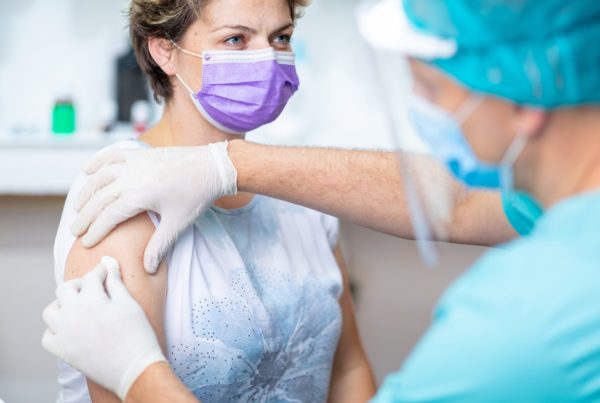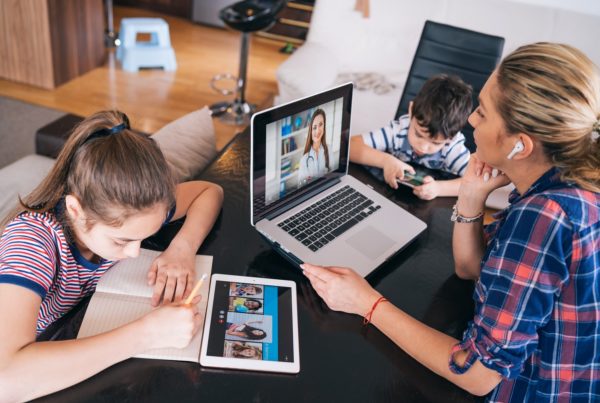
It cannot be overemphasized how difficult it is to obtain trustworthy health information nowadays. We live in an age of information overload. But instead of helping us understand our health better, the abundance of information around us can actually make it more difficult. Sorting through online sources takes a lot of time! And aside from time, it takes a significant amount of knowledge and experience to determine which of those online sources are actually trustworthy. Sorting out the relevant facts from the irrelevant or false information is simply too time – and energy – consuming for most of us.
The truth is that medicine is very complicated. We don’t want it to be, but it is. I often tell my patients that the more we look at things in a complex manner, the closer we are to the truth.
Across many facets of modern life, many people are continuously questioning what the truth is. We see this a lot in politics and in the news, but we also see it in medicine. Being a medical expert in an area doesn’t necessarily mean that everyone trusts your opinion. For instance, despite countless studies and scientific analysis by experts, many people still question the safety and efficacy of vaccines. There are those who also feel that Lyme disease is misunderstood by mainstream medicine and that we diagnose and treat it completely incorrectly.
It is important in science to always question and keep an open mind, but expert consensus should be at least the main criteria that we use for evaluating the trustworthiness of medical content. It’s always good to question, but not to the point of complete and utter dismissal.
Even as a physician, if I have a question about my or my family’s health that pertains to an area outside of my medical expertise, I always go to a colleague who understands that area well. I can be sure that they will know the medical literature inside and out, and I know that they will have seen many, many patients with that problem over their entire careers.
Full disclosure: I have been known to Dr. Google myself — but experience has taught me that this just ends up making me more confused and makes me worry needlessly. I don’t do that anymore. I go to the best source: a knowledgeable and trustworthy expert who can answer my questions from the breadth of their experience. Still, I always keep that little bit of a questioning attitude about it all. And I’ve found that the smartest doctors I have ever met have always had that kind of attitude as well.
For more valuable health information, visit our Ask the Expert section.



